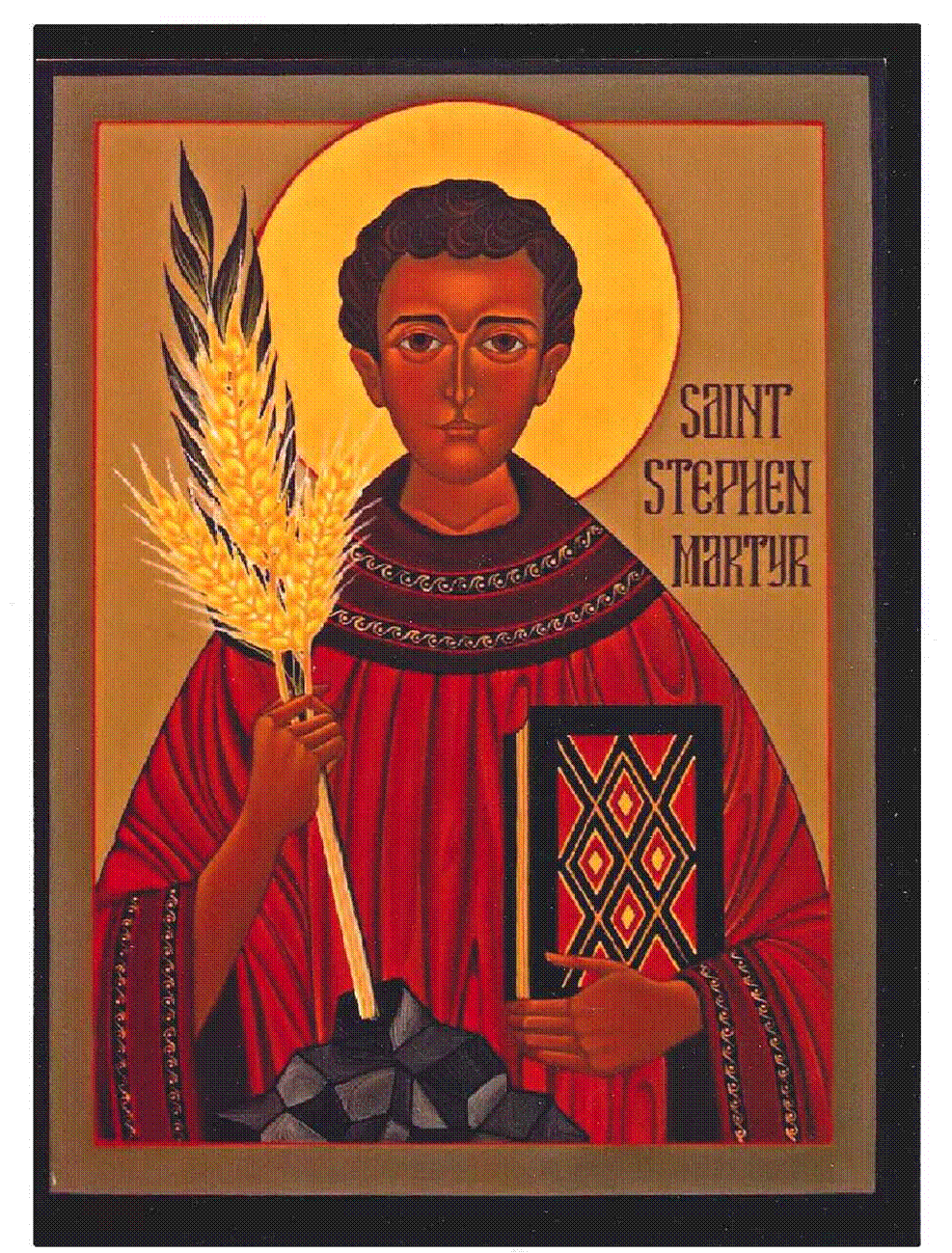Music Can Change the World
Music can change the world. That's what is on the tour t-shirts for my recent Delaware Womens' Chorus trip. It was an appropriate phrase given that we spent a week touring and singing in the Baltic nations: Lithuania, Latvia, and Estonia (more on that later).
It was a week of experiencing the power of music.
As my group came down one narrow street in Riga, we came upon a trumpet/tuba duo. They were playing something I assume was local music. Once they identified us as Americans, they started playing the Star-Spangled Banner. There was no way we could ignore that!
In Tallin we took a break at a plaza that had a wonderful view of the old city. There was a violin/accordion duo. I listened for a while as they went from playing traditional music, to Italian folk music, to Japanese folk songs. The Japanese who crowded the square were delighted. They gathered around, and some people joined the musicians to sing along.
My chorus performed three concerts in two cities. At each concert, we were singing to hundreds of people, in some cases to standing-room-only audiences.
At one concert in Vilnius, we joined a local womens' chorus. While we couldn't understand what they were singing, the music was exquisite.
In our two Lithuania concerts, we sang a few verses of a folk song, clearly known by the people. They joined us in singing and clapping.
Our concerts highlighted a variety of music, including several spirituals and camp songs. Spirituals are sometimes a little weird for us to sing. We are, after all, largely a group of older white women.
In one spiritual, City Called Heaven, the chorus provides a surging drone accompaniment to the soloist, who in this case was a wonderful young black woman named Shayla.
I am a pilgrim, a pilgrim of sorrow. I'm left in this wide world alone. Ain't got no hope, got no hope for tomorrow, trying to make it, make heaven my home. Sometimes I’m tossed, and I'm driven Lord, Sometimes I just don't know which way I can run. I've heard of a city called heaven, trying to make it, make heaven my home.
We'll never know how much of the words the audiences understood, but they certainly understood the power of the song and honored Shayla with standing ovations.
Music can touch the heart and change the world.
In preparation for the tour, I learned a little history of the Baltic nations.
All three nations are distinct. They have their own languages, their own folk music, their own ethnic designs.
All three have regularly been overrun and ruled by other nations: Germany, Poland, Russia. Then there was the Soviet occupation after World War II.
All three nations, toward the end of the 1800s, started to assert their independence, and music became an important part of that. All three established music festivals. Every four or five years, choirs would gather to sing their folk songs. In the late 1800s, they were singing in defiance of the Tsar of Russia. During the Soviet era, they sang the required Soviet songs. But once the festivals were over, they would continue singing their folk songs, which became songs of resistance. As Soviet restrictions loosened, the songs became more explicitly about independence.
The period of 1987-1991 became known as the Singing Revolution. Spontaneous singing demonstrations took place throughout the Baltics. National songs of patriotism and freedom were sung at the festivals, against orders. During 1990 and 1991, all three nations declared their independence from the Soviet Union. It was not a bloodless revolution, but it could have been so much worse.
Author Guntis Smidchens wrote about the Singing Revolution:
“Singing raises self-esteem and gives people a sense of community. It can calm violence in a really threatening situation. In the Baltics, it was a way that each person in those demonstrations got their courage. What they had to build on was something very unique—this 150-year-old choir movement that recognized singing and songs as weapons, as something that could be adapted to a nonviolent movement. And, miraculously, it worked.”
Think about the power that music has had.
Martin Luther wrote, “next to the Word of God, the noble art of music is the greatest treasure in the world.” Luther’s encouragement of music in the native language, rather than Latin, brought music to the people. It gave us the music of the Bach family, Handel, Mendelssohn, Pachelbel
The Civil Rights movement used music to unify people, A 2013, CBS News report about music in the Civil Rights movement interviewed historian Bernice Johnson Reagon.
“Behind bars, she said, singing was crucial. ‘Most of the time we sang,’ she recalled. ‘Sometimes there would be a prayer. But singing was the constant.’ The music had a familiar sound – old spirituals sung during slavery or from hymn books at church but the words sometimes changed to fit the movement. ‘We Shall Overcome,’ the theme song for the movement, originally was ‘I Will Overcame.’ ‘
“Singing, Reagon said, was as elemental as eating or breathing ‘because we are a singing people and that’s in the culture. It’s no different than talking. It is no different than seeing. It is that essential to your strength and your sanity.”
Within the last few weeks, a new movement called Never Again is Now has brought together mostly young Jewish people to protest current immigration policies and practices. If you watch videos of their protests (and arrests), what you hear is singing in Hebrew and Yiddish. Whether or not you agree with the comparison of detention centers to concentration camps, the power of Jewish songs in protest can’t be ignored.
Music can change the world.
Ann Iona Warner












